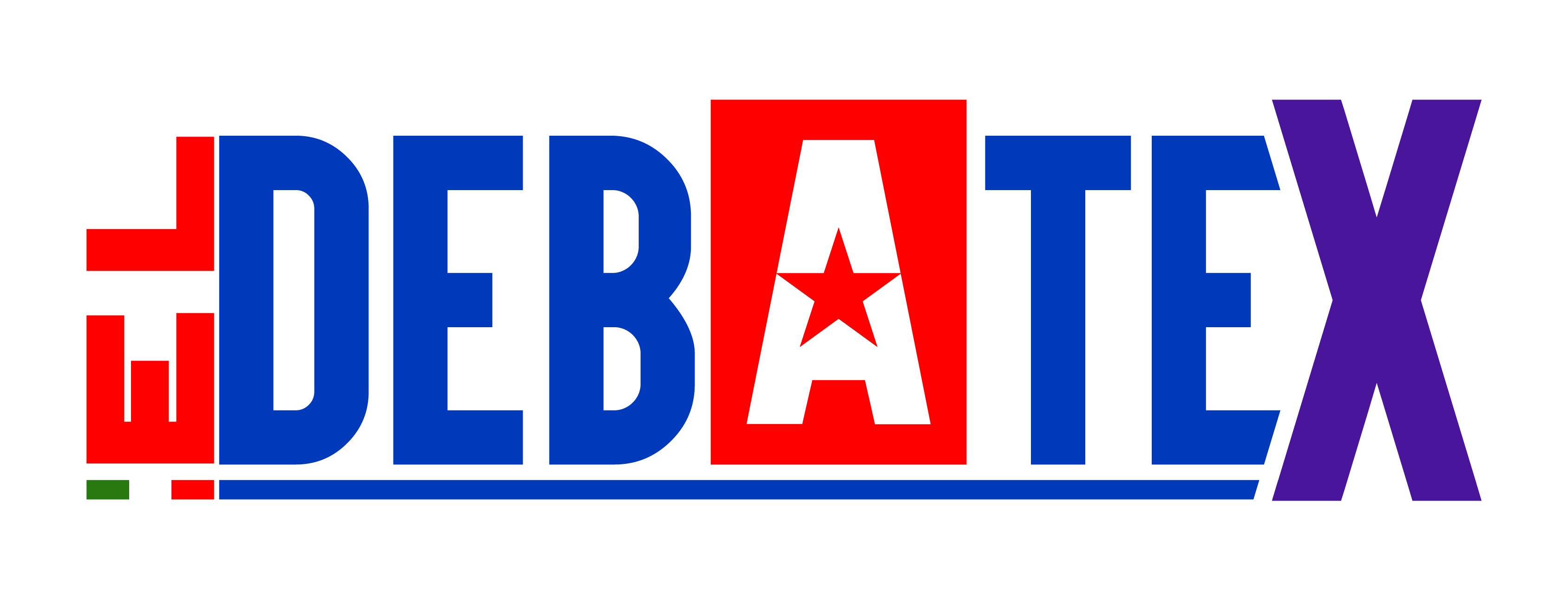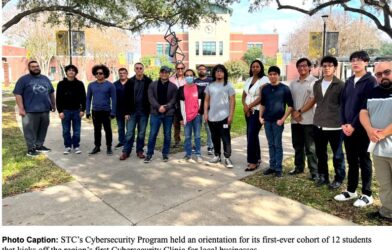IN SUMMARY
by Alfredo Cuéllar
The recent resignation of James E. Ryan, president of the University of Virginia (UVA), has raised alarms about the future of diversity, equity, and inclusion—known in the U.S. as DEI (Diversity, Equity, and Inclusion)—in higher education. It is not just a change of president: it shows how Micropolitics operates in every space of power, from a university boardroom to the Supreme Court.
Real Achievements and the Harvard Model
If one university embodies the tangible impact of DEI policies, it is Harvard. Its commitment to including ethnic minorities, first-generation students, and historically excluded communities has not only raised academic standards: it has strengthened its legitimacy as an institution of social mobility and intellectual plurality.
Harvard’s prestige is also built on these foundations: diversity of thought, global talent, and a community that reflects an interdependent world. That explains why it has become one of the main targets of the new political offensive. It is difficult not to find a Harvard graduate in a prominent position somewhere in the world.
The Legal Battle and the Courts’ Uncertainty
Unlike the University of Virginia—better known as UVA—which, as a public university, is more exposed to direct pressure from the White House and state governments, Harvard has chosen the legal route: it has filed multiple lawsuits to block federal restrictions aimed at dismantling DEI programs and limiting access for international students.
But the big question remains: will the courts help sustain this model, or will they end up aligning with Trump?
The signs are mixed. On the one hand, lower federal court judges have issued rulings recognizing the university’s autonomy to establish admissions criteria and inclusion programs. On the other, the current composition of the Supreme Court, with its conservative majority, has already shown through the 2023 affirmative action reversal that it can reinterpret precedents to favor restrictive policies.
Harvard, like other Ivy League universities, has resources and alumni networks to extend litigation for years. But the political climate points to a prolonged, costly judicialization with an uncertain outcome.
Let’s not forget that today, John Roberts (Chief Justice); Elena Kagan, Neil Gorsuch, and Ketanji Brown Jackson are all graduates of Harvard Law School. No matter how ideologically committed they may be, they likely do not appreciate the unfair hostility toward their alma mater for their Juris Doctor (in the United States, law degrees are only Juris Doctorates, unlike countries like Mexico, where a bachelor’s degree in law is more common).
Micropolitics: The True Battleground
Faced with this threat, Micropolitics shows that power is not only exercised in the courts. It also plays out in the halls of every campus, every committee, and every professor who defends the evidence that diversity is a strength, not a weakness.
Every seemingly small decision—a supportive email from influential alumni, a donation contingent on maintaining DEI programs, a student protest, a well-written op-ed—forms part of a Micropolitical network of resistance.
Micropolitical Options for Resistance
• Secure the narrative: Harvard and other universities must amplify data and testimonies that prove plurality improves education, research, and global projection.
• Strengthen alliances: Networks with state governments, civil associations, and companies that value diversity in the workforce.
• Support brave presidents and boards: UVA showed that without community backing, political pressure wins.
• Litigate strategically: Defend academic autonomy at every level, knowing that each ruling sets precedents for other universities.
What is unacceptable at this moment is to yield or bow without resistance to Trump’s demands. There may be room for a tactical negotiation to buy time—but never losing sight of a truth demonstrated by his record as a businessman, candidate, and president: Trump does not yield; he only postpones. Yielding without a clear strategy would hand him the narrative and weaken the precedent. Now more than ever, the key is to resist intelligently, maintain academic autonomy, and uphold plurality as a non-negotiable value.
Everything Counts in Micropolitics
Micropolitics reminds us that every person, every classroom, and every decision matters. Today, more than ever, it is time to put it into action.
As someone I deeply appreciate and respect, Emiliano Hernández Camargo, rightly points out, it is difficult to fully grasp Trump’s strategy: he does not limit himself to mobilizing his most conservative electoral base but instead fires scattershot at a wide range of “enemies,” including prestigious, globally significant universities like Harvard.
This offensive, seemingly contradictory, becomes even harder to decipher because—as my friend notes—“the intellectuals and media outlets with brand recognition and historical legitimacy are not always acting with the narrative micropower that this moment demands.”
In other times, any political strategist would recommend carefully choosing battles, prioritizing opponents, and measuring risks. Today, Trump’s bet seems to be to polarize multiple fronts at once, trusting that fragmentation will strengthen his authoritarian project.
What Is at Stake
Today, Micropolitics is visible in the resignation of a president, a lawsuit involving Harvard, a student protest. The Trump administration has turned diversity into a cultural and judicial battleground, legitimizing an institutional racism that not only polarizes but also weakens the ability of universities to reflect society’s pluralism.
The question is no longer whether diversity is necessary—the evidence screams it—but whether we will have the Micropolitical strength to sustain it in the face of courts, boards, and ideological pressures.
Are we ready to respond to that fragmentation with well-woven Micropolitical networks? The real challenge is not only judicial but symbolic: sustaining plurality and university autonomy requires that every voice, every ally, and every classroom act as micro-strategists, choosing their battles and defending the narrative that diversity is not a concession: it is a strength.
Micropolitics reminds us that every person, every classroom, and every decision matters. Today, more than ever, it is time to put it into action.













